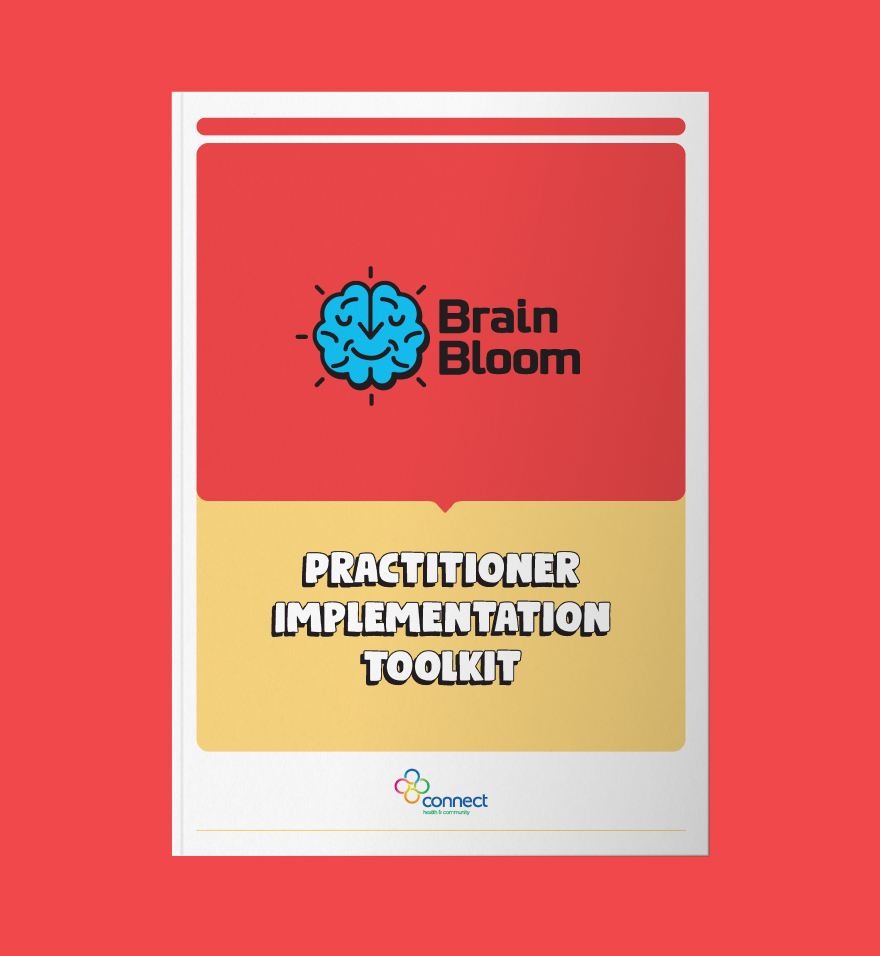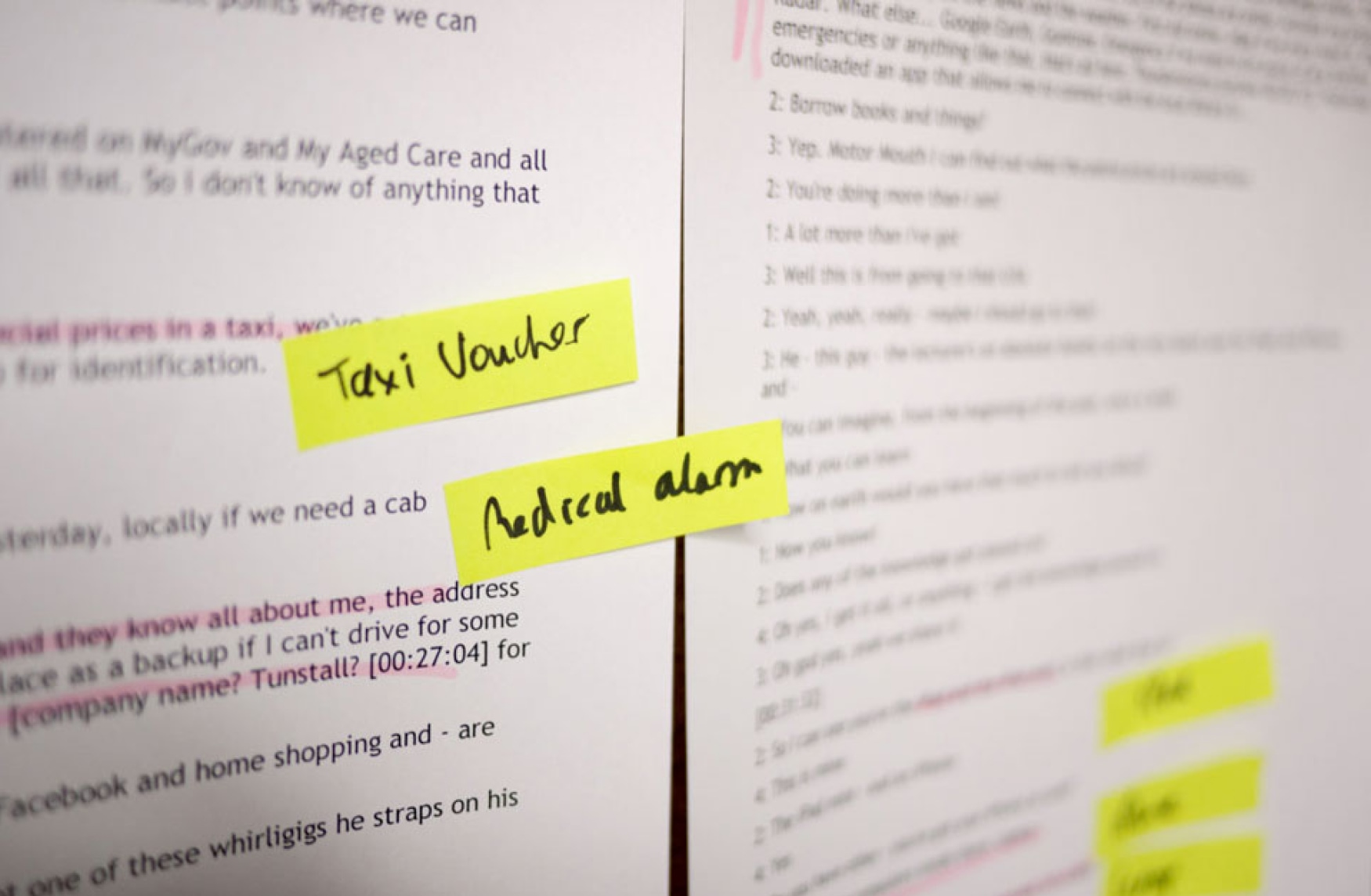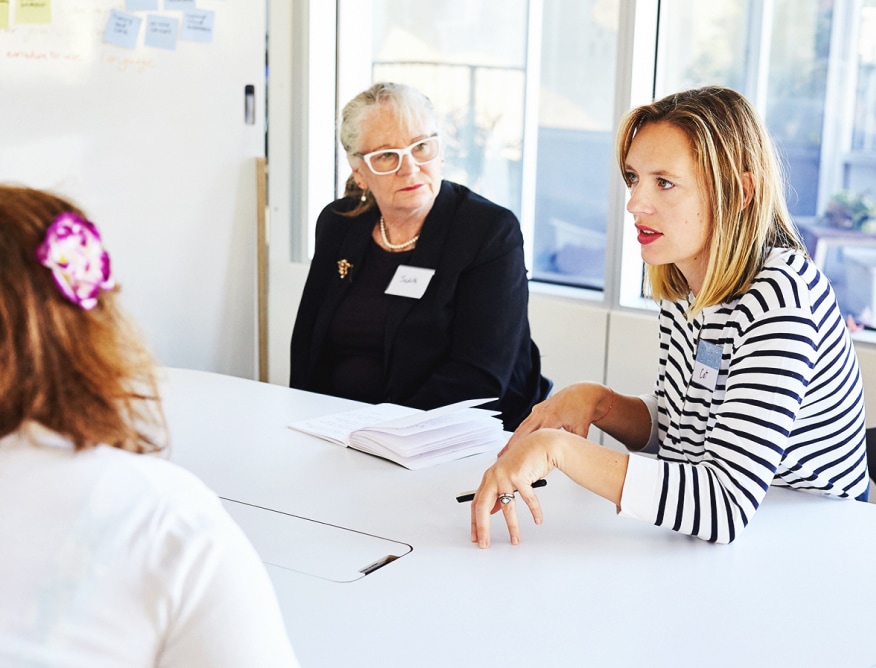Centre for Culture, Ethnicity and Health
Designing sexual health education
The Centre for Culture, Ethnicity and Health hired us to help design and develop an education resource to expand this capability — which they originally envisioned as a digital, self directed learning tool.
Outcomes
A set of 3 comics that helped educate young people about their sexual health and rights
Detailed support for how to use the comics effectively in person and group sessions
The SHARE online resource that could be used by community organisations across Australia
Services
- Social innovation
- Co-design
The series of comics produced as part of the project that supported both in person and online education.
Research challenge
The Centre for Culture, Ethnicity and Health is a community organisation that exists to improve the health and well-being of people from refugee and migrant backgrounds in Australia.
As part of their work, they run sexual health education sessions for people under 25 from “Culturally and Linguistically Diverse” (CALD) backgrounds in places like prisons, community centres, universities and high schools.
Given the complex (and often taboo) nature of the topics they educate on – and the diverse cultural backgrounds of their clients – we needed to conduct research with a range of their clients so that we could understand gaps in knowledge, and identify potential solutions.
Speaking frankly about sex and sexual health can be difficult and awkward at the best of times. Our challenge was to involve young people across a range of cultures, gender identities and sexual persuasions in honest and open conversations about the sexual health topics that mattered to them.
Stories as research tools
Rather than asking our research participants to talk to us about their personal experiences, we decided to use fictionalised stories about sexual health issues to start conversations.
To do this, we designed and facilitated a workshop to document real stories from CEH community workers, and turned these into fictionalised accounts via a simple storyboarding template.
Given the linguistic diversity of our participants, we then turned these storyboards into comics that we could use as visual conversation prompts in our research interviews.
Talking about sex
In sessions supervised by community workers, we facilitated frank and honest conversations with a range of young people about sexual health and relationship issues.
The comics allowed us to uncover participant attitudes and experiences towards topics such as unsafe sex, teenage pregnancy, domestic abuse, cross-cultural relationships and LGBTI issues in a sensitive and non-personal manner.
These conversations were invaluable to CEH and their social workers, revealing insights about cultural attitudes towards sex and relationships, as well as the challenges young people face in seeking help and advice on these topics.
A screenshot of the SHARE website that was produced to give educators all the information they needed to use the comics effectively
Strategic design
Through our research, we uncovered a strategic opportunity for CEH. Rather than building a single, self-guided tool, we saw the potential to create a shared education resource for other community organisations, teachers, and schools.
Given the success of the comics we used in our own research, we decided with CEH to make these the focus of a new set of education resources, and to create a set of discussion guides and fact sheets to accompany them.
We also decided to host the combination of comics and discussion guides on a new website, so that they would be accessible to other organisations.
By creating a platform directed at other community organisations CEH would expand the reach of their education programs in a way they knew would be effective.
Working closely with CEH, we designed and developed the SHARE website, which was launched in 2016.
This platform is able to support the development of new resources — not just comics — and has been used by the organisation to secure further funding for training and outreach.



